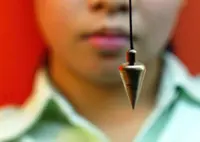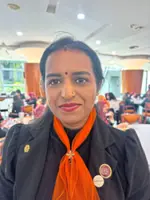It has been four years since the pandemic first hit but rural communities in Sabah are still reeling from its effects. Mental health issues are among the challenges that they face and for various reasons.
Emanuel, a 28-year-old young Sabahan of indigenous Murut descent, laments that it has been “really difficult to earn a steady livelihood to support (his) family”.





